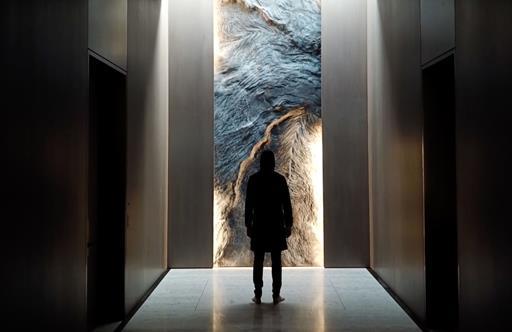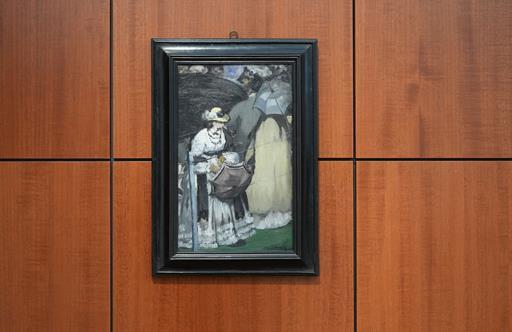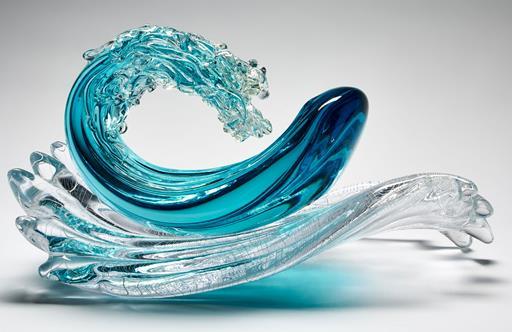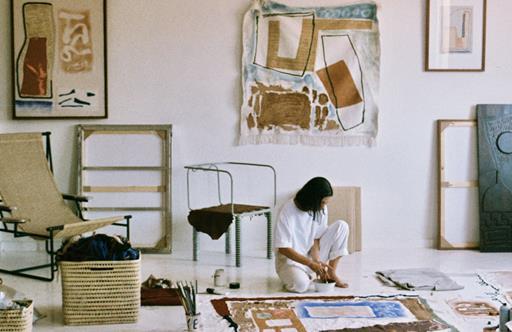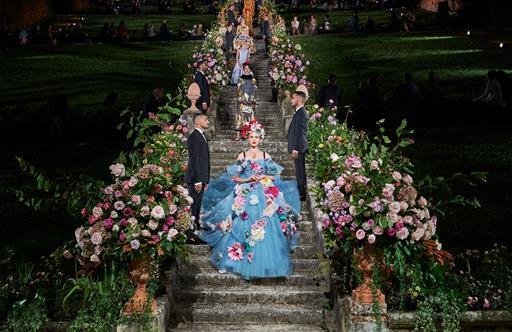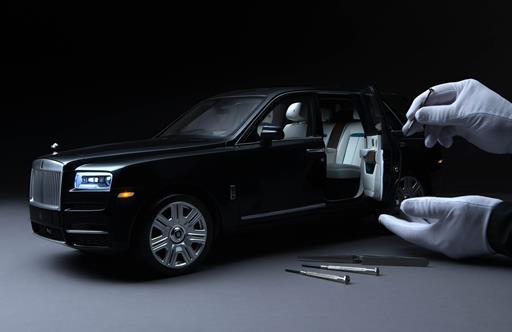Tuning Up
This London performance venue is bucking convention with unexpected line-ups, seamless services, and an elegant blend of old and new.
Driven largely by TikTok and measured in streaming downloads, the demographic that listens to classical music has grown markedly wider and younger in recent years. Witness the launch of Apple Music Classical, which, since its acquisition of the specialist streaming service Primephonic, can justifiably style itself “the world’s largest classical music catalogue”. As umpteen surveys have found, Gen Z and millennials are listening to classical music more than ever before. The challenge is to get them to concerts.
All sorts of initiatives have been tested, from dressing the musicians in animal masks to abstract video accompaniments and unusual venues: car parks, supermarket forecourts, museum galleries. (This correspondent has heard orchestras in all the above.) But Bechstein Hall, a state-of-the-art and unfamiliarly luxurious concert space officially opening in May in London’s West End, has come up with an alluringly retro model – namely, to woo both aficionados and the newly classical-curious by making a concert more of a special occasion.

“We wanted to create something gorgeous and wonderful and high class, which I think is missing,” says Bechstein Hall’s artistic director Terence Lewis, who also heads the UK operation of the venerable German piano maker C Bechstein – a brand once beloved not only by the likes of Debussy and Liszt, but also Duke Ellington and Dave Brubeck – at whose showroom the new venue is located. “And we also wanted to challenge every norm,” from the way the piano is angled (Lewis is determined to maximise the number of seats with a view of the keyboard) to the timings. To do away with intervals, for example, its concerts mostly last no more than an hour and run to an unconventional schedule, too. “The standard 19.30 start and two-hour running time mean you can’t comfortably eat dinner before or after the performance,” he says. Here, concerts mostly begin at 18.30, with a repeat performance at 20.00 if there’s sufficient demand.
Indeed, Lewis is hoping people make a night of it by eating on-site in the decorous downstairs restaurant, which aspires to fine dining and offers a short menu of “innovative” takes on essentially British dishes: house-cured salmon with ponzu gel, finger lime and nasturtium; roast chicken with chorizo and piquillo peppers; and sea bass with samphire and a red-wine reduction.

But the real selling point is the auditorium, surely the ne plus ultra of performance spaces, with 107 subtly raked, supremely comfortable Poltrona Frau leather seats (some with tables on which to rest a cocktail in a stemmed glass – not, as in most auditoria, a throwaway plastic cup), and meticulously enhanced acoustics by the Belgian specialist Kahle which guarantees perfect sound no matter where you’re sitting. You can see how the project cost some £30 million.
To complement the decor, there’s an “elegant” dress code. “There used to be much more respect [for concerts] as events,” says Lewis. He doesn’t mean black tie, “but we’re hoping people will make a bit of effort, because I think most people quite enjoy dressing up”. You won’t be turned away if you show up in jeans, though he takes a dimmer view of backpacks, hence the state-of-the-art cloakroom, where instead of a ticket, a code is sent to your phone, and you’re photographed as backup. That way, only you can collect your briefcase, and nothing goes astray. “There are no data-protection issues,” he stresses, infinitely attentive to detail. “The picture’s deleted as soon as you collect it.”

Ultimately, of course, the hall’s success will depend on what it programmes – a repertoire that may in time broaden to embrace show tunes and even theatre if there’s a piano theme – and on the artists it engages, a range that encompasses both musicians with world-class reputations such as the Ukrainian pianist Vadym Kholodenko (who will perform Bach’s Goldberg Variations at the hall’s official opening in May) and his wife, Alena Baeva (“Possibly the best violinist alive,” says Lewis) to students from top conservatoires.
Certainly, they’re aiming high artistically. Take the Bechstein Trio, the house band, so to speak, a kind of chamber-music supergroup formed of the pianist Emmanuel Despax (long a fan of Bechstein pianos for their “warm, distinctive velvety tone and incredible pianissimi – you can really go to a whisper”), cellist Guy Johnston and violinist Priya Mitchell, all acclaimed soloists who will perform together here each month and clearly enjoy doing so.
“It’s extraordinary, a completely new experience,” says Desplax. “It really doesn’t feel like a hall. It’s so intimate. There’s a real connection with the listener.” During the soft opening, even when it’s been full, “it’s felt more like playing in a recording studio, [as though] the audience has been let into a private environment that usually only an artist and producer experience. They’ve created something very special.”

All images: © Bechstein Hall





